
Feeding Animals is Essential For Global Food Security
Dr. Clifford A. Adams
This book explores the evidence currently available to explain why feeding animals is still essential for global food security.
£25.00
£30.00
This book explores the evidence currently available to explain why feeding animals is still essential for global food security.
There is considerable concern and controversy nowadays over the ethics and practices of food production. These concerns are particularly directed towards food of animal origin, meat, milk and eggs. Arguments are made that feeding animals with human food materials such as wheat or maize is an ethical misuse of global food resources.
Unfortunately, the reality and practices of feeding animals is poorly understood. The return on investment of feeding animals with a small proportion of human edible ingredients is very substantial. Milk, meat and eggs have a much higher nutritional value than the original food materials. Moreover, the significant improvements in productivity of animals raised for food over the last 50 years contributes to food security and low cost food in developed countries.
Oilseeds, human food and biofuel industries generate enormous quantities of materials that are inedible for humans. Feeding these resources to animals contributes to the development of the Circular Economy. It removes this enormous quantity of materials from the environment in an economically sustainable way.
Climate change and global warming are major concerns, but it is not readily appreciated that grasslands contribute to carbon sequestration. Well managed grasslands trap carbon dioxide from the atmosphere and store the carbon component in the soil.
Feeding animals has adverse environmental effects from greenhouse gases and manure. However, there are possibilities to reduce methane emission by ruminants and to improve manure processing which will mitigate the environmental damage from feeding animals.
Global food security can only be achieved by obtaining the maximum value from all the food resources on the planet. As a large proportion of global food resources are inedible for humans, feeding animals is essential for global food security.
This book has been targeted for students and professionals in agriculture and in food production. It would however also be useful for anyone who is interested in the processes of food production and the environmental consequences.
CLIFFORD ADAMS is the Founder and Managing Director of ANOZENE Nutritional Sciences (www.anozene.eu).
CONTENTS:
Global food resources
Food security and low-cost food
Soyabeans and other oilseeds
Sustainability and the Circular Economy
Ruminants and grasslands
Environment: problems and solutions
Feeding animals is essential for efficient global food production
Index
Published: 2023
ISBN: 9781899043873
Details
Type: Paperback
Pages: 98
Language: English
Format: Paperback
Availability: Available
About the author
Dr. Clifford Adams, originally from the UK, received his doctorate from the University of Illinois, USA and subsequently spent almost 25 years at Nutritional Services Director with a feed additive producer in Belgium. During this time he developed various nutritional strategies. These included; the concept of nutricines or bioactive feed ingredients, the Total Nutrition programme and the Nutrition-Based Health approach to animal production. These nutritional strategies were published by Nottingham University Press in the UK.
In May 2007 he established his own company, ANOZENE Nutritional Sciences, based in Belgium, where he continues his research and writing in the development of nutritional strategies for humans and animals. There is a particular interest in the relationship between nutrition and health and the Nutrition-based Health concept is now being further developed for application in human nutrition.
Further information on the book

Delivery
This book weighs: 400g
Delivery rates
| Region | Cost |
|---|---|
| UK | £5.00 |
| Europe | £13.50 |
| USA and Canada | £13.00 |
| ROW | £14.00 |
| ROW2 | £31.00 |
Shop By
> Agronomy> Animal Health
> Animal Nutrition
> Context Directories
> Meat Inspection
> Aqua
> Beef
> Dairy
> Equine
> Goats
> Pets
> Pigs
> Poultry
> Rabbits
> Sheep
Related Titles
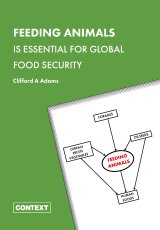
Feeding Animals is Essential For Global Food Security
By Dr. Clifford A. Adams
£25.00
£30.00
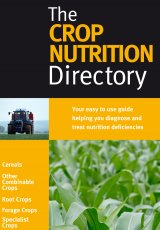
The CROP Nutrition Directory
By Context Publications
£30.00
£36.00
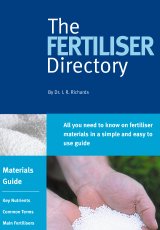
The FERTILISER Directory Materials Guide
By I Richards
£30.00
£36.00
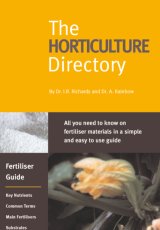
The HORTICULTURE Directory
By Dr I Richards and Dr A Rainbow
£30.00
£36.00
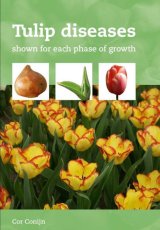
Tulip Diseases
By Cor Conijn
£32.00
£34.00
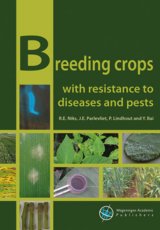
Breeding crops with resistance to diseases and pests
By R.E. Niks, J.E. Parlevliet, P. Lindhout and Y. Bai
£31.00
£34.17
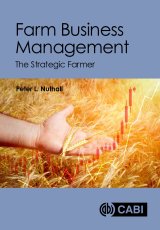
Farm Business Management: The Strategic Farmer
By Peter L Nuthall
£47.50
£52.50
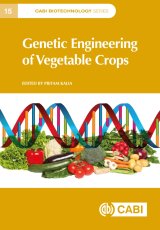
Genetic Engineering of Vegetable Crops
By Pritam Kalia
£153.00
£170.00
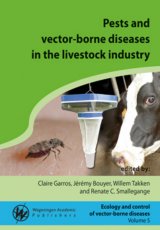
Pests and vector-borne diseases in the livestock industry
By Claire Garros, Jérémy Bouyer, Willem Takken and Renate C. Smallegange
£124.00
£137.50
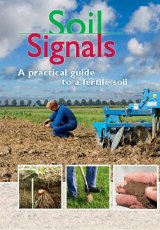
Soil Signals
By Chris Koopmans
£26.00
£27.50
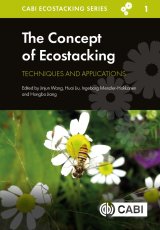
The Concept of Ecostacking
By Jinjun Wang, Huai Liu, Ingeborg Menzler-Hokkanen, Hongbo Jiang
£85.50
£95.00
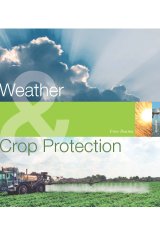
Weather & Crop Protection
By Erno Bouma
£26.00
£27.50
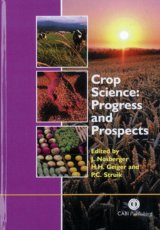
Crop Science: Progress and Prospects
By J Nosberger, HH Geiger and PC Struik
£125.50
£139.50
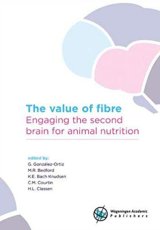
The Value of Fibre
By G. González-Ortiz, M.R. Bedford, K.E. Bach Knudsen, C.M. Courtin and H.L. Classen
£94.50
£105.00
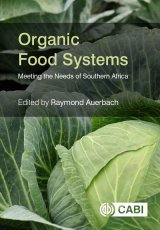
Organic Food Systems
By Raymond Auerach
£98.50
£109.50
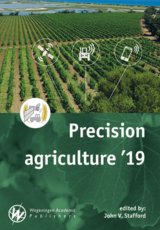
Precision Agriculture '19
By John V Stafford
£183.00
£203.33
Sorry. You need to upgrade your browser
You are using Internet Explorer 8
This is considered an out of date browser. This website has been developed with modern browsers in mind to allow it to display at its best in a wide variety of viewing situations - including mobile viewing. But we haven't supported older browsers like IE8. Please upgrade to the latest version of Internet Explorer - or try Mozilla Firefox or Google Chrome. Both are excellent browsers.
Thank you.




